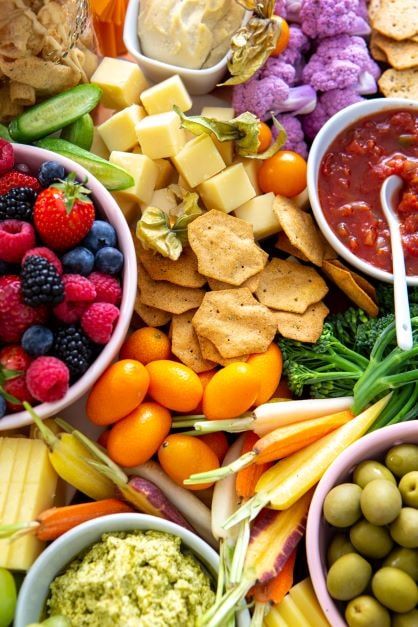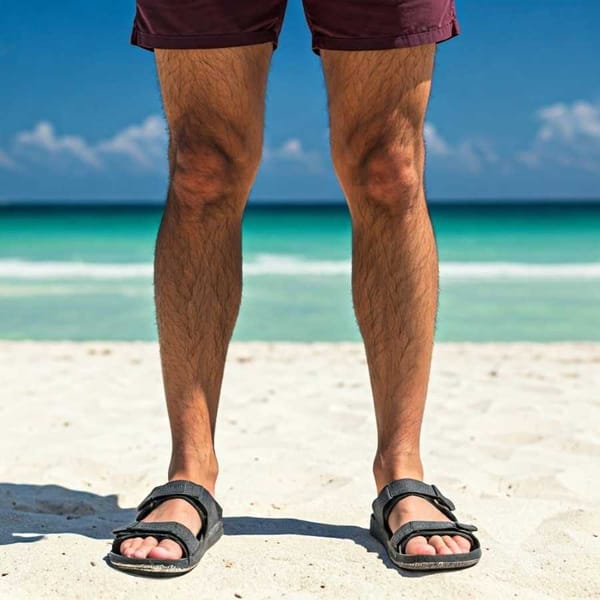Is this why you are gaining extra pounds on vacation?
It takes five days to a week to burn 100 percent of the calories in a hamburger; it is urgent to educate people to have a healthy diet and exercise. During the holiday season, obesogenic environments predominate. The WHO considers Mexico to be a malnourished country.

It takes five days to a week to burn 100 percent of the calories in a hamburger; it is urgent to educate people to have a healthy diet and exercise. During the holiday season, obesogenic environments predominate. The WHO considers Mexico to be a malnourished country, in addition to occupying first place in child obesity.
During the vacations -mainly during Christmas and summer- people usually gain three to five kilograms of weight and increase their cholesterol and uric acid levels, due to the lack of control in their diet and the greater consumption of foods rich in fats and carbohydrates, warned Sergio Alberto Mendoza Álvarez, a postgraduate academic at the Faculty of Medicine of the UNAM (National Autonomous University of Mexico).
"One parameter we use is the glycosylated hemoglobin, which is altered since summer vacations are even a longer (vacation) season, it can be a month or two. This test measures the average blood glucose or blood sugar level over the past three months.
"The other factor is hyperuricemia, which is the elevation of uric acid in the blood, also due to high meat consumption. People are used to having barbecued meat in the garden during vacations, going out with friends and family, eating jerky with high sodium content, arrachera, among others," said the specialist in Internal Medicine.
In Mexico, cardiovascular diseases are the first cause of death -including diabetes, hypertension, and chronic renal insufficiency-, which is why it is important for the population to be aware of their risks and, above all, to have good eating habits.
The World Health Organization considers Mexico to be a largely malnourished country and ranks first in childhood obesity. Deficient diets cause malnutrition in early childhood: 44 percent of children between six and 23 months of age do not eat fruits and vegetables and 59 percent do not eat eggs, milk, fish, or meat.

A little snack
After rest periods, patients who normally control their glucose -at levels of 100 to 120- frequently arrive at the office with parameters of 180 or 200.
The change in the eating habits of young people, adults, and older adults is evident because there are obesogenic environments, that is, those where obesity or bad eating habits are promoted. It usually happens that in a social group, if someone tries to have better control of their diet, sometimes they get carried away by the situations in which they find themselves.
During this season, the consumption of carbohydrates -bread, tortillas, flour, pasta-, smoothies, fruit water, juices, beer, and other high-calorie alcoholic beverages increases. Likewise, potatoes, desserts, tacos, and fried, battered, smoked, and roasted foods are eaten, he said.
"Many times it is thought that the consumption of carbohydrates or fats only increases glucose, but it also increases cholesterol or triglycerides, because the body does not digest, does not metabolize carbohydrates and begins to accumulate them in the form of triglycerides," he explained.

Eating healthy
The National Health and Nutrition Survey 2020 revealed that in Mexico 24 percent of children under eight years old are overweight, and 26 percent of children under nine years old are obese. Given this scenario, the university expert proposed to educate -at home and in schools- to have a good diet, to counteract the "bombardment" of junk food in the media and social networks.
Just as they are taught to respect the environment and have civic education, they should have education on healthy eating, since childhood obesity is a public health problem.
It is necessary to put an end to myths such as that children can and should eat anything. "That is false, they have to be taught how to eat and form habits". An obese child can remain obese during adolescence and youth, which predisposes him/her to suffer from diabetes and hypertension.
During vacations, they should be encouraged to do physical activities, preferably 45 minutes a day: walking, running, playing soccer, and basketball, for example; and to visit their pediatrician for a weight and height evaluation, to check if this corresponds to what is expected for their age.
People should always have a balanced diet, not only on vacations. "The recommendation is prevention: eat steamed vegetables, carrots, cucumber, jicama, instead of snacks such as potatoes. As for alcoholic beverages, they can have two drinks a day, but if they exceed, the amount of calories causes triglycerides to increase".
Exercising after eating high-fat foods does not burn 100 percent of calories. "A person who eats a hamburger needs about five days or even a week to lose them," he remarked.




